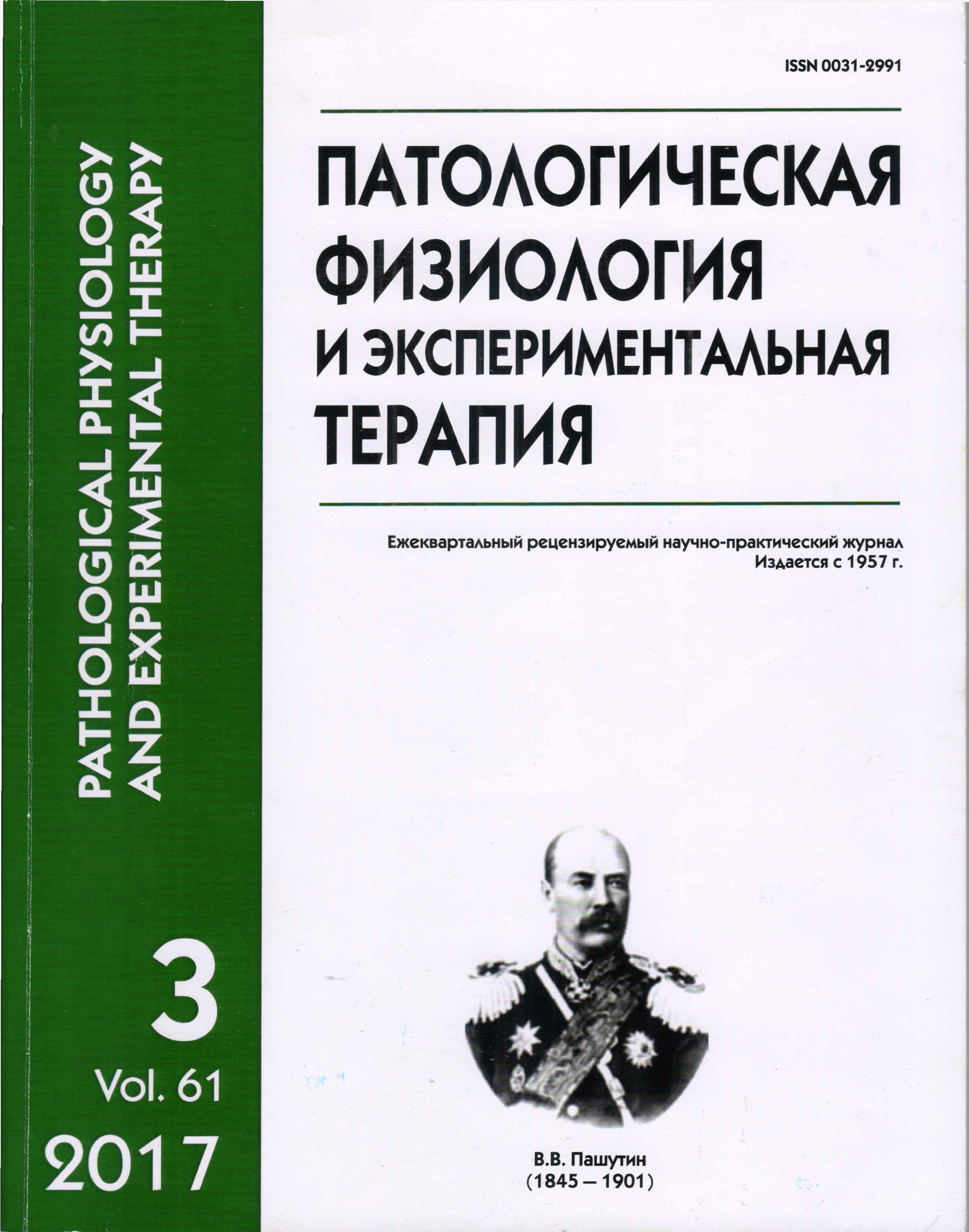Antibodies to neurotransmitters - neuroimmune markers in Individual prefention of addiction
Abstract
The purpose. The aim of this work was to study the level of autoantibodies to neurotransmitters dopamine, noradrenaline, serotonin, glutamate and GABA at different stages of development of the psychoactive substances dependence, as well as the effect of various types of narcotics on their serum levels. Methods. The study was performed on the basis of the department of addictive states and the laboratory of clinical psychoneuroimmunology and neurobiology of the Mental Health Research Institute Tomsk NRMC RAS.The group of healthy people was 148 students of secondary special and higher educational institutions. The group of narcological patients consisted of 203 persons. Blood for study in narcological patients was taken only once on admission to hospital or on a dispensary. The volunteers received blood once during the examination. Antibodies to neurotransmitters dopamine (DA), norepinephrine (NA), serotonin (5-OT), glutamate (GLU) and GABA were determined by solid-state ELISA (ELISA) on polystyrene 96-well plates sensitized with test antigen. As test antigens were used. neuromediators conjugate with bovine serum albumin (BSA). Conjugated DA-BSA and 5-OT-BSA antigens were synthesized using a diazotized protein. Conjugates of NA-BSA, GLU-BSA and GABA-BSA were synthesized with glutaraldehyde. The data obtained were statistically processed using the nonparametric Mann-Whitney test and Fisher's exact method. Results. As a result of the study, it was established that the level of antibodies to neurotransmitters (DA, NA, 5-OT, GLU, GABA) may reflect changes in neurotransmitter systems of the brain that occur when development of the psychoactive substances dependence and may to reveal the specific features of the action of various narcotic substances. The most significant increase in the production of autoantibodies to neurotransmitters was observed in patients with opiate addiction. Patients who abused psychoactive substances without dependence development, but with harmful health effects, were characterized by a low level of autoantibodies to neurotransmitters. In this case, we should especially note a more pronounced decrease in the level of autoantibodies to glutamate in this group of patients. Conclusions. The data obtained indicate that autoantibodies to neurotransmitters, especially dopamine, norepinephrine, glutamate can be considered as neuroimmune markers of the stage development of addictive states.






